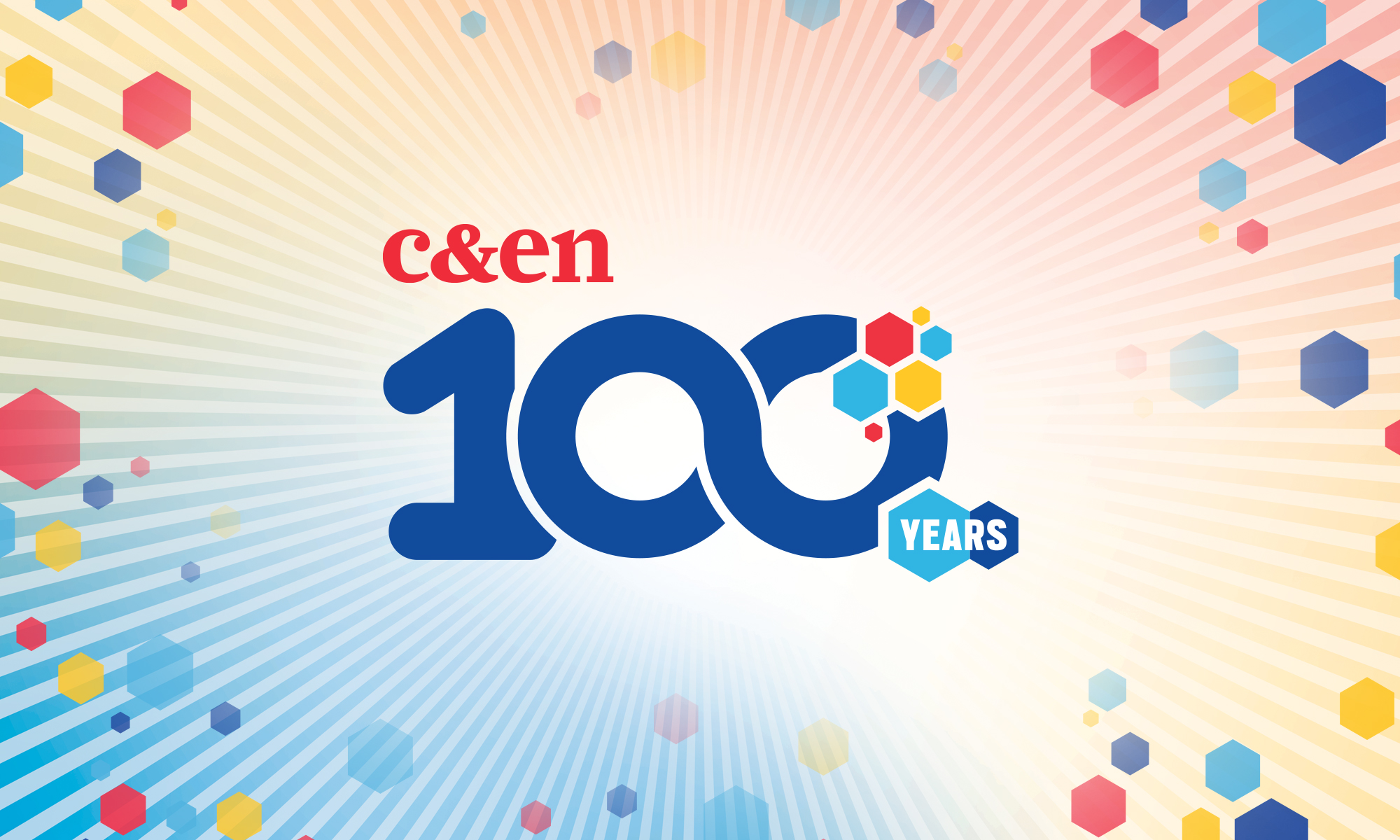Advertisement
Grab your lab coat. Let's get started
Welcome!
Welcome!
Create an account below to get 6 C&EN articles per month, receive newsletters and more - all free.
It seems this is your first time logging in online. Please enter the following information to continue.
As an ACS member you automatically get access to this site. All we need is few more details to create your reading experience.
Not you? Sign in with a different account.
Not you? Sign in with a different account.
ERROR 1
ERROR 1
ERROR 2
ERROR 2
ERROR 2
ERROR 2
ERROR 2
Password and Confirm password must match.
If you have an ACS member number, please enter it here so we can link this account to your membership. (optional)
ERROR 2
ACS values your privacy. By submitting your information, you are gaining access to C&EN and subscribing to our weekly newsletter. We use the information you provide to make your reading experience better, and we will never sell your data to third party members.


Credit: Shutterstock/Kay Youn/Will Ludwig/C&EN
Science Communication
A century of chemistry and of C&EN
by Alla Katsnelson, special to C&EN
August 11, 2023
| A version of this story appeared in
Volume 101, Issue 26

Credit: Shutterstock/Will Ludwig/C&EN
In its inaugural issue, published Jan. 10, 1923, the magazine that would soon become Chemical & Engineering News told readers about several events and ideas in chemistry. Among them: the first sugar factory to use the enzyme invertase in production, the power of pancreatic gland extracts to treat diabetes, and a talk by esteemed chemical engineer John E. Teeple on research chemistry’s role in US industry.
In the 100 years since our launch, we have sought to present our readers with a broad view of chemistry’s many dimensions. During that time, both chemistry and the world at large have undergone countless transformations. Some changes have been technological, including discoveries that won Nobel Prizes and enabled progress on many fronts. And some have been societal, such as the growing importance of inclusivity in chemistry.
Through it all, we have always been grateful for how the chemistry community has embraced this magazine as a source of trusted news and commentary.
To mark C&EN’s centennial, we asked you, our readers, to tell us what you see as the most consequential events, discoveries, and developments of the past century.
A significant number of you noted the industrialization of the Haber-Bosch process, which, in the words of one reader, “helped save millions from starvation, fueled one of the biggest population growths in the history of [humankind] and created the conditions for our modern world.”
Almost as many of you remarked on polymer science, which has integrated plastics into the fabric of our lives, and on the significance of lithium-ion battery technology, which, as another reader wrote, “untethered us from power cords.” The discovery of DNA’s structure also stood out as a moment that paved the way for many life sciences technologies we rely on today. The discovery of penicillin and other medicinal molecules and the development of biologic drugs, such as recombinant insulin, made the cut too.
You noted the enormous importance of analytical instruments that allow scientists to observe and understand molecules at the smallest scales. You also pointed to the birth of green chemistry as a framework for reining in environmental harms and the crucial role that computers and big data now play in both research and industry.
Finally, you exhorted us to remember chemistry’s missteps, even as we laud its accomplishments.
We hope you enjoy reading about a century of chemistry’s milestones. Here’s to the next 100 years.
C&EN has placed the content of its special Centennial issue in front of its paywall. For more great C&EN articles, sign up for our newsletter here.
Contributors
EDITORIAL LEAD: Alla Katsnelson
PROJECT MANAGER: Michael Sheehan
WRITERS: Matt Blois, Leigh Krietsch Boerner, Chris Gorski, Bethany Halford, Mitch Jacoby, Alla Katsnelson, Laurel Oldach, Ariana Remmel, and Alexander H. Tullo
EDITORS: Alla Katsnelson and Michael McCoy
ADDITIONAL EDITORS: Laura Howes, Mitch Jacoby, and Manny I. Fox Morone
CREATIVE DIRECTOR: Robert Bryson
ART DIRECTORS: William A. Ludwig, Robin L. Braverman, and Yang H. Ku
UI/UX DESIGNERS: Tchad Blair and Kay Youn
WEB PRODUCERS: Luis A. Carrillo, Ty A. Finocchiaro, and Jennifer Muller
COPYEDITORS: Michele Arboit and Sabrina J. Ashwell
PRODUCTION EDITORS: Jonathan Forney, David Padgham, Raadhia Patwary, Sydney Smith, and Marsha-Ann Watson
ENGAGEMENT EDITORS: Liam Conlon, Leeann Kirchner, and Marianna Limas
IDEA AGENTS: Our readers


Join the conversation
Contact the reporter
Submit a Letter to the Editor for publication
Engage with us on Twitter